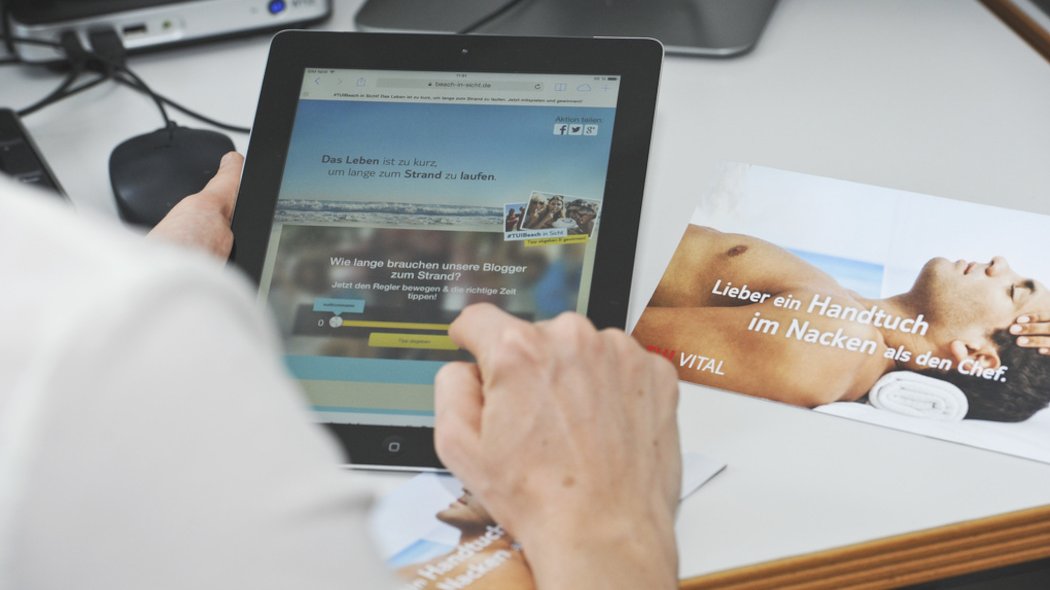Tourism management, sports management and event management
New trends in leisure behaviour, changing economic and political conditions in the travel countries and, last but not least, the development of new sales channels in the online sector: tour operators, hotels, tourism organisations and organisers in the sports, trade fair and event sector are constantly facing new challenges.

Overview of the academic discipline
This field of study trains specialists and managers who have both detailed technical expertise in the tourism industry and sound economic knowledge. Students also learn how to plan, organise, market and finance events, sports and cultural events or services in tourism.
Which topics are included in the curriculum?
In addition to business, economic and legal knowledge, the degree programmes provide industry-specific qualifications, e.g. in the fields of tourism and hotel management, destination management, tourism marketing, cruise tourism, hotel and hospitality management or business travel. Individual courses are often taught in various foreign languages. Semesters abroad can be integrated into the curriculum. Content such as communication, creation and conceptualisation also play a major role in event management and trade fair and congress management, while basic medical and biological know-how is also taught in sports management.
What are the requirements?
A good basis for successful studies in this area is knowledge of the following school subjects, depending on the chosen degree programme: Business and Law, English, Spanish, French and Maths.
For admission to degree programmes in sports management and economics, a sports aptitude test may have to be passed. Proof of English language skills may be required for Event Management and Hotel and Tourism Management programmes.
What study programmes are there to choose from?
Bachelor's and Master's degree programmes in tourism economics, sports and event management are mainly offered at universities of applied sciences. Universities offer a number of degree programmes in sports management. Some are more interdisciplinary, e.g. ‘Business Administration and Culture, Leisure and Sports Management’ or ‘Health and Tourism Management’, while specialised courses focus on a specific area, such as ‘Sports Economics’, ‘Hotel Management’, ‘Event Management’ or ‘Culinary Management’.
What job opportunities are there after graduation?
- Tourism managers are employed, for example, by tourism and hotel companies, tour operators and tour providers, in destination management, tourism associations and transport operators. Possible fields of activity include operational management, marketing, product management, accounting and controlling.
- Sports managers and economists work in sports organisations and clubs, in the sports (product) industry, at sports marketing agencies and sports travel agencies, in the health, tourism and fitness sectors and in public sports administration. There they take on various tasks, such as controlling finances, managing employees, looking for sponsors and cooperation opportunities, negotiating with media partners or organising sporting events.
- Event managers, on the other hand, are employed by event agencies, trade fair, exhibition or concert organisers, congress agencies or in public administration at cultural offices or in city marketing, where they organise and coordinate events from conception to follow-up. In doing so, they keep an eye on both the client's ideas and the budget.
